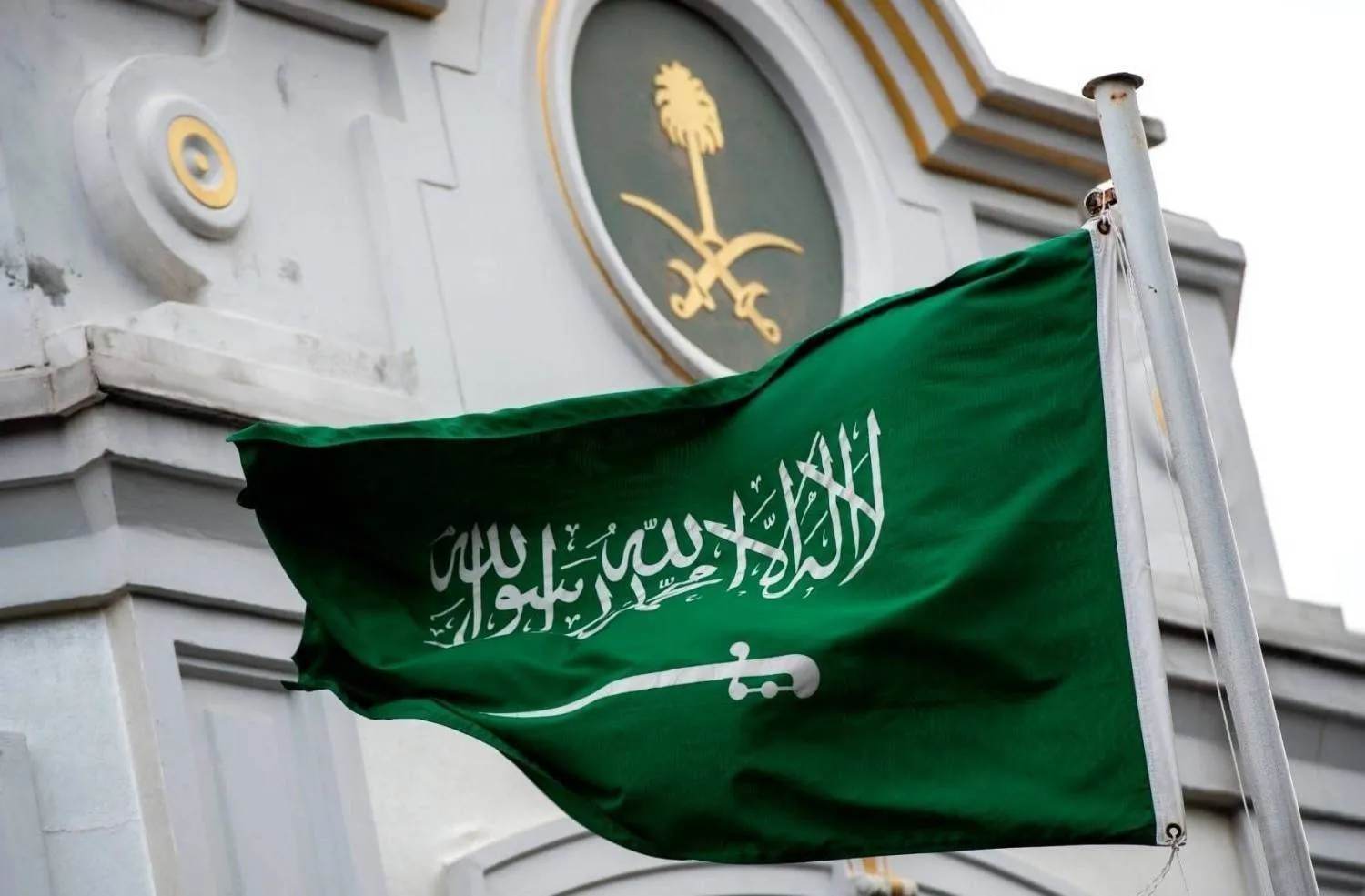Saudi Arabia condemned on Tuesday an Israeli minister’s call to build a synagogue at the site of the Al-Aqsa Mosque compound in Jerusalem.
In a statement, the Foreign Ministry underscored the Kingdom’s "categorical rejection of these extremist and inflammatory comments."
It rejected the ongoing "provocation of Muslims around the world, stressing the need to respect the historical and legal standing of the Al-Aqsa Mosque."
It reiterated its call on the international community "to assume its responsibilities in putting an end to the humanitarian catastrophe unfolding in the Palestinian territories and holding Israeli officials accountable for the ongoing violations of international laws, norms and resolutions."
Israel's hardline Security Minister Itamar Ben-Gvir repeated on Monday a call for Jews to be allowed to pray at the Al-Aqsa compound, drawing sharp criticism for inflaming tensions as ceasefire negotiators seek a deal to halt fighting in Gaza.
"The policy at the Temple Mount allows praying there. Period," Ben-Gvir told an Army Radio interviewer. "The prime minister knew when I joined the government there would not be any discrimination. Muslims are allowed to pray and a Jew is not allowed to pray?"
Asked if he would build a synagogue on the site if he could, Ben-Gvir replied: "Yes, Yes."
Prime Minister Benjamin Netanyahu's office immediately put out a statement restating the official Israeli position, which accepts decades-old rules restricting non-Muslim prayer at the mosque compound.
The hillside compound, in Jerusalem's Old City, is one of the most sensitive locations in the Middle East, holy for both Muslims and Jews, and the trigger for repeated conflict.
Nabil Abu Rudeineh, spokesperson for Palestinian President Mahmoud Abbas said calls to tamper with the status of Al-Aqsa appeared intended "to drag the region into a religious war that will burn everyone".









